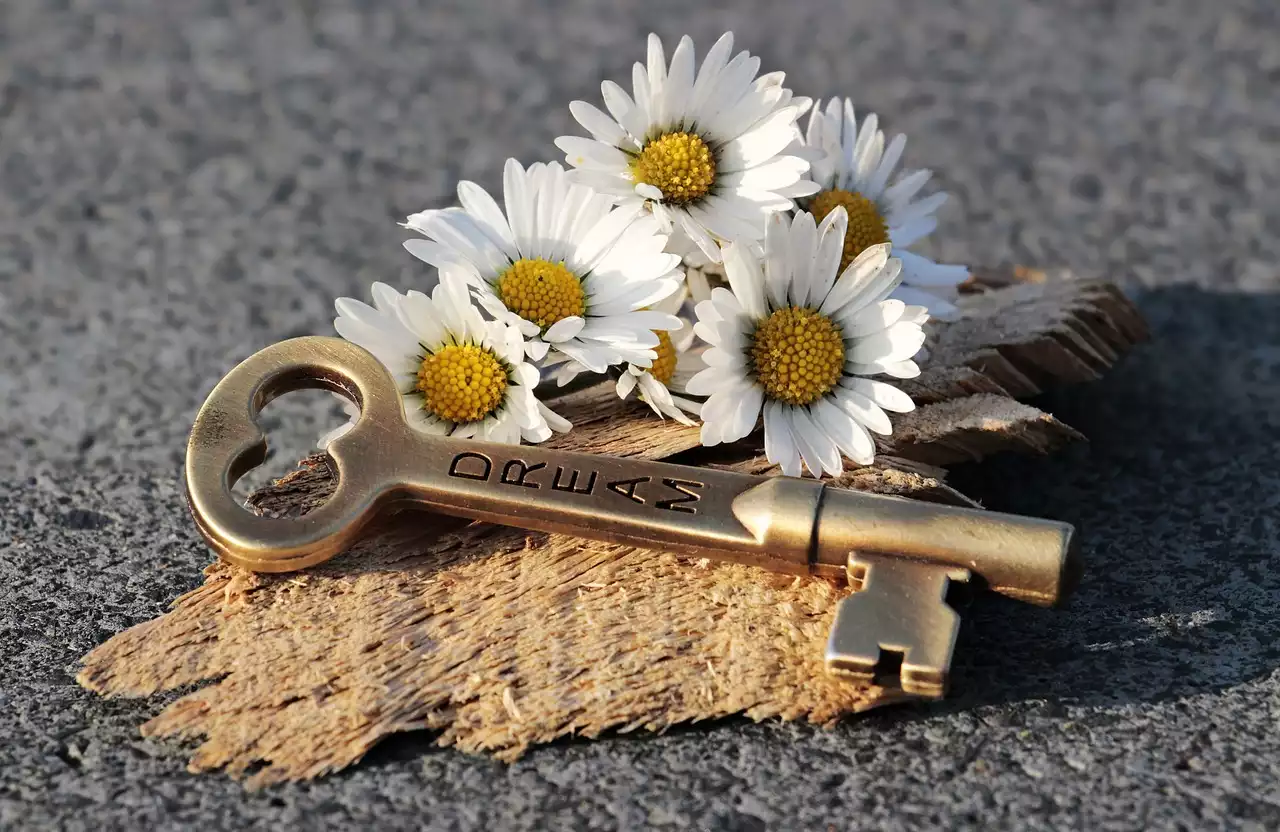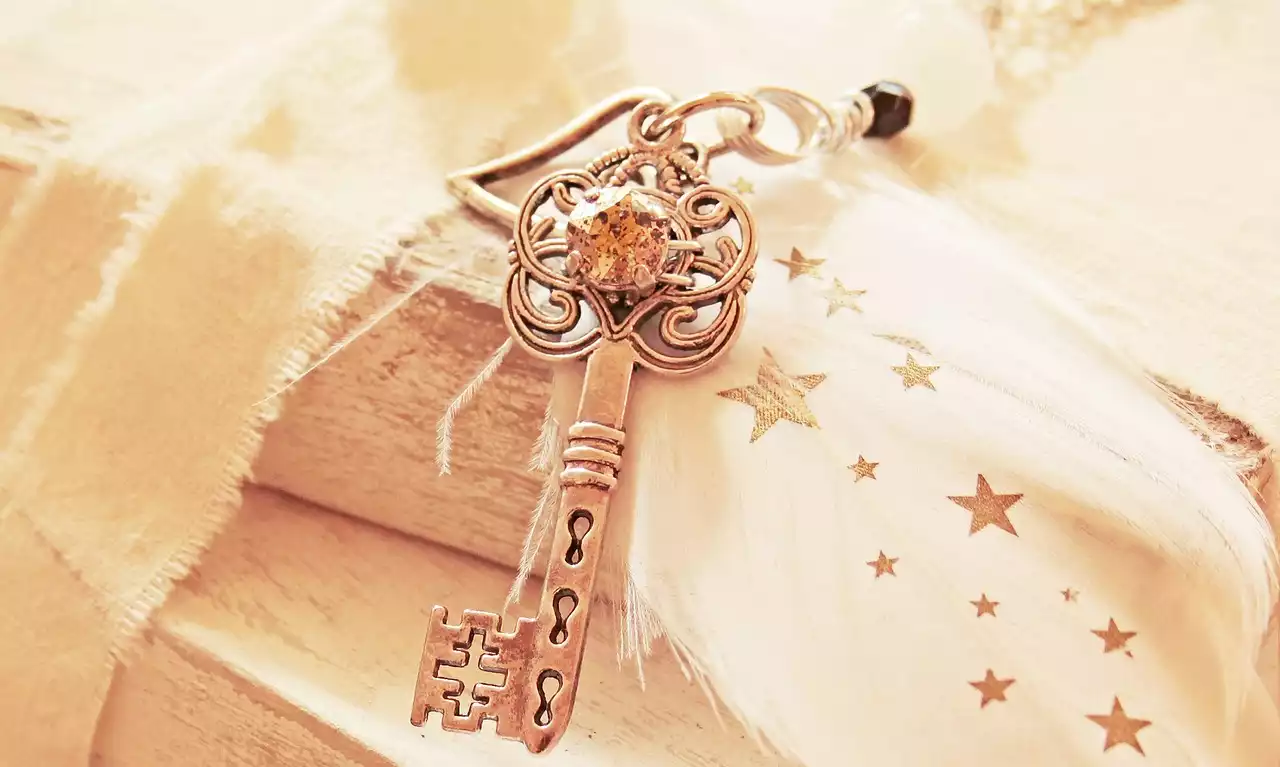What are Situational Relationships?
Situational relationships are those that are formed for a specific purpose and then ended when the situation is resolved. They can be between people who are friends, acquaintances, or even strangers. They may be formed by people who have a specific shared experience or goal, such as people who are in a specific type of therapy or people who are in a specific type of support group. In some cases, situational relationships are formed with people who share a specific identity or experience, such as people who are in the same marginalized group, are in a specific type of profession, or have other commonalities. While these relationships can be temporary, they can also be incredibly beneficial and helpful in our lives. Situational relationships can range from very casual to highly formal. They can be as simple as a person waiting in line with you at the grocery store, or as complex as a joint business venture. Situational relationships can be formed for a wide variety of reasons, and these relationships can have many different benefits.
Benefits of Situational Relationships
By forming situational relationships, we can get support from people who we normally wouldn’t be able to talk to. By sharing a specific experience with others, we can feel less alone and more empowered. We may be able to get helpful advice and feedback from people who understand the situation and can offer a different perspective. We can also provide support to others who are going through similar experiences. Some people are more apt to form situational relationships because they don’t feel like they have the time or energy to make new friends. Some people may be able-bodied but live in a disability-friendly community, while others may be in a specific relationship that makes friendship difficult. Some people may have specific identity-based obstacles that make friendship difficult, such as being a member of a marginalized group. Some relationships are formed out of necessity, such as trauma support groups or support groups for people living with chronic illnesses. Other relationships are formed with people who have a common identity, such as members of a specific marginalized group. Some situational relationships can resolve quickly and be over almost as soon as they begin. Others can last for years, even lifetimes.
Types of Situational Relationships
The relationships formed between co-workers, partners in a business, or other people who are involved in a specific project can be very helpful. - Profession-focused relationships. People who are in the same profession often have a lot in common and can form very helpful relationships, even with people they don’t work with directly. This can allow them to connect with people who they might not have ever met otherwise. People who share a specific identity can form relationships with others who have that identity. This can range from people who have the same marginalized identity to people who share a specific hobby or interest. Sometimes, friendships can be formed out of necessity, such as roommates who become friends because they have to live together. Other times, friendships can be formed with people who have similar interests and goals.
Challenges of Situational Relationships
Some situational relationships may be very stressful, such as support groups for people who are dealing with trauma. While these relationships can be incredibly helpful and provide valuable support, they may come with an emotional cost. Some relationships may be formed out of a stressful situation, such as a support group for people who are dealing with trauma. All relationships have the potential to become unhealthy, and some situational relationships may be challenging. - Some situational relationships are formed with people who are not our ideal choice of friendship. This can include people who don’t respect our boundaries, people who are not good emotional support, or people who we don’t really have anything in common with. Some situational relationships are one-sided or have a person who invests more than the other person. This can be difficult, especially when that person doesn’t understand why you’re not giving them as much attention as they want. Some situational relationships rely on an external source of support, such as a therapist or a specific support group meeting. If these relationships end, it can sometimes mean a loss of access to that external support.
Strategies for Forming and Maintaining Situational Relationships
When you have a specific need for a relationship, it can sometimes be easier to seek out people who share a specific identity or experience. For example, if you’re interested in forming a relationship with people who are in therapy but don’t know any, you can join a specific support group. If you’re interested in forming relationships with people who are in a specific profession, you can attend relevant conferences and make connections with people in that field. You can also make an effort to reach out to people who share a specific identity or experience. You can try to meet people at conferences or in online forums or communities. You can also form relationships with people who are not part of a specific group or experience, but who share a common identity. This can be easier if you’re looking for friendships since you don’t have to find people who have the exact same experience. However, you will have to work harder to find people who are interested in forming a friendship with you.
How to recognise when you need a situational relationship
A specific situational relationship is often helpful when you have a specific need and don’t know any other people who can help. For example, you may need a therapist but don’t have any access to mental health care. You may need a new roommate and don’t know any other people who are looking for housing. You may need to form a partnership with someone to create a specific project or business. - You may also need a situational relationship if you feel isolated and lonely but don’t have anyone in your life who can help.
How to End a Situational Relationship
Some relationships end naturally when the situation is resolved. Other relationships may end when one or both people are ready to end the relationship. If you’re in a relationship that you don’t want to be in, you can try to gently end the relationship. However, if you want to end a relationship but are unable to do so, you may want to seek out help. If you’re in a relationship that is one-sided, you may want to end the relationship. However, if the person who is investing less doesn’t understand why you’re ending the relationship, you may need help ending the relationship in a way that is respectful to both people.
Tips for Managing Situational Relationships
Try to make the most of the relationships you have. If you’re in a situational relationship, try to enjoy the relationship and get as much out of it as possible. If you’re forming a situational relationship, make sure you’re getting as much out of it as possible. If you have the power to end the relationship, you may want to do so if it isn’t helpful anymore. If you have multiple situational relationships, try to balance them out so that you don’t end up investing too much in one relationship or neglecting others. If you’re in a situational relationship and things are becoming unhealthy, try to resolve the situation in a way that is respectful to both people.









